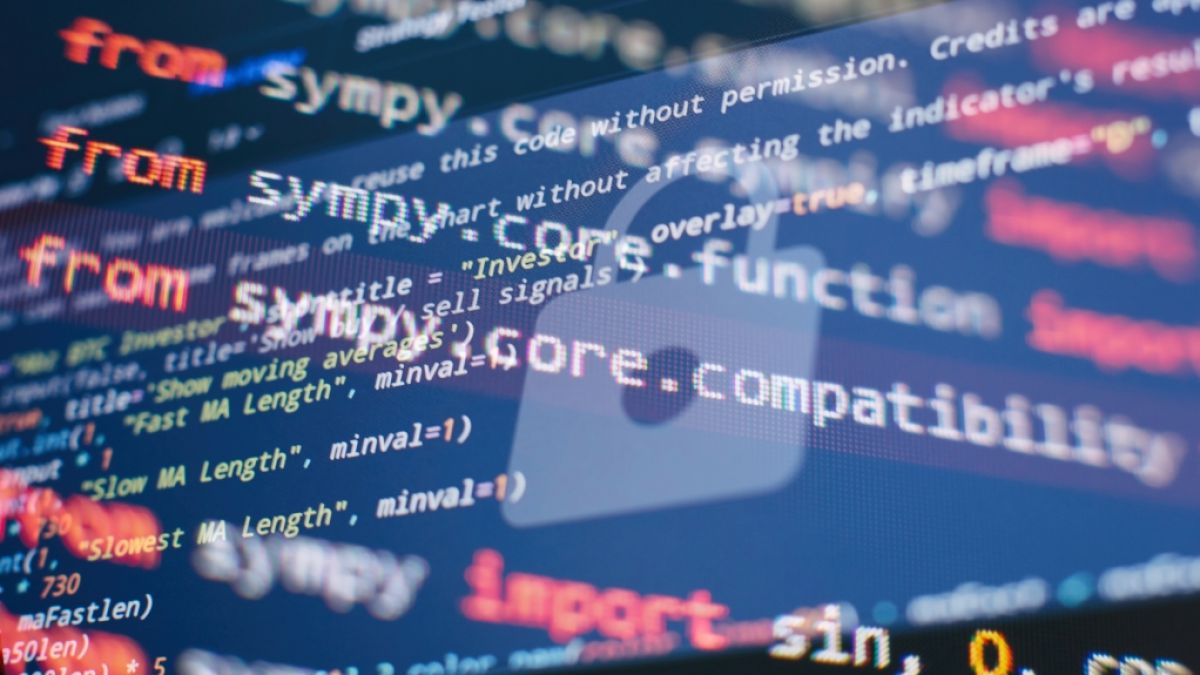An IT security alert update for a known vulnerability has been released for PHP. You can read a description of the security gap including the latest updates and information about affected operating systems and products here.
The Federal Office for Security in Information Technology (BSI) released an update on April 29, 2024 to a security vulnerability for PHP that became known on January 16, 2018. The security vulnerability affects the operating systems Linux, UNIX and Windows as well as the products Debian Linux, Amazon Linux 2, Red Hat Enterprise Linux, Ubuntu Linux, SUSE Linux, Open Source PHP, Avaya Aura Communication Manager, Avaya Aura Session Manager, Avaya Aura Application Enablement Services, Avaya Aura Device Services, Avaya Aura System Manager, Avaya Aura Utility Services, and Avaya Web License Manager.
The latest manufacturer recommendations regarding updates, workarounds and security patches for this vulnerability can be found here: Amazon Linux Security Advisory ALAS-2018-946 (As of April 29, 2024). Other useful links are listed later in this article.
Security warning for PHP – Risk: medium
Risk level: 3 (medium)
CVSS Base Score: 4,7
CVSS Temporal Score: 4,1
Remoteangriff: Ja
The Common Vulnerability Scoring System (CVSS) is used to assess the vulnerability of computer systems. The CVSS standard makes it possible to compare potential or actual security vulnerabilities based on various criteria in order to better prioritize countermeasures. The attributes “none”, “low”, “medium”, “high” and “critical” are used to determine the severity levels of a vulnerability. The Base Score evaluates the requirements for an attack (including authentication, complexity, privileges, user interaction) and its consequences. The temporal score also takes changes over time in the danger situation into account. The severity of the current vulnerability is classified as “medium” according to the CVSS with a base score of 4.7.
PHP Bug: Vulnerability allows cross-site scripting
PHP is a programming language used to implement web applications.
A remote, anonymous attacker could exploit a vulnerability in PHP to conduct a cross-site scripting attack.
The vulnerability was classified using the CVE (Common Vulnerabilities and Exposures) referencing system by the individual serial number CVE-2018-5712.
Systems affected by the PHP security vulnerability at a glance
Operating systems
Linux, UNIX, Windows
Products
Debian Linux (cpe:/o:debian:debian_linux)
Amazon Linux 2 (cpe:/o:amazon:linux_2)
Red Hat Enterprise Linux (cpe:/o:redhat:enterprise_linux)
Ubuntu Linux (cpe:/o:canonical:ubuntu_linux)
SUSE Linux (cpe:/o:suse:suse_linux)
Open Source PHP Open Source PHP Open Source PHP Open Source PHP Avaya Aura Communication Manager (cpe:/a:avaya:communication_manager)
Avaya Aura Session Manager (cpe:/a:avaya:session_manager)
Avaya Aura Application Enablement Services (cpe:/a:avaya:aura_application_enablement_services)
Avaya Aura Device Services (cpe:/a:avaya:aura_device_services)
Avaya Aura System Manager (cpe:/a:avaya:aura_system_manager)
Avaya Aura Utility Services (cpe:/a:avaya:aura_utility_services)
Avaya Web License Manager (cpe:/a:avaya:web_license_manager)
General measures for dealing with IT security gaps
Users of the affected applications should keep them up to date. When security gaps become known, manufacturers are required to fix them as quickly as possible by developing a patch or a workaround. If security patches are available, install them promptly. For information, consult the sources listed in the next section. These often contain further information about the latest version of the software in question as well as the availability of security patches or information about workarounds. If you have any further questions or uncertainties, please contact your responsible administrator. IT security managers should regularly check when the IT security warning Affected manufacturers provide a new security update.
Sources of updates, patches and workarounds
Here you will find further links with information about bug reports, security fixes and workarounds.
Amazon Linux Security Advisory ALAS-2018-946 vom 2024-04-29 (29.04.2024)
For more information, see:
AVAYA Security Advisory ASA-2020-046 vom 2020-04-12 (13.04.2020)
For more information, see:
Red Hat Security Advisory RHSA-2020:1112 vom 2020-03-31 (31.03.2020)
For more information, see:
Red Hat Security Advisory RHSA-2019:2519 vom 2019-08-19 (19.08.2019)
For more information, see:
Debian Security Advisory DSA-4240 vom 2018-07-06 (05.07.2018)
For more information, see:
Red Hat Security Advisory RHSA-2018:1296 vom 2018-05-04 (03.05.2018)
For more information, see:
SUSE Security Update SUSE-SU-2018:0806-1 vom 2018-03-26 (26.03.2018)
For more information, see:
Ubuntu Security Notice USN-3566-1 vom 2018-02-12 (12.02.2018)
For more information, see:
SUSE Security Update SUSE-SU-2018:0216-1 vom 2018-01-25 (25.01.2018)
For more information, see:
PHP Sec Bug #74782 vom 2018-01-04 (16.01.2018)
For more information, see:
PHP Change Log #7.2.1 from 2018-01-04 (16.01.2018)
For more information, see:
PHP Change Log #5.6.33 from 2018-01-04 (16.01.2018)
For more information, see:
National Vulnerability Database #CVE-2018-5712 vom 2018-01-16 (16.01.2018)
For more information, see:
Version history of this security alert
This is the 11th version of this IT security notice for PHP. This text will be updated as further updates are announced. You can read about changes or additions in this version history.
16.01.2018 – Initial Release
01/16/2018 – Version not available
25.01.2018 – New remediations available
12.02.2018 – New remediations available
26.03.2018 – New remediations available
25.04.2018 – Added references
05.07.2018 – New remediations available
08/19/2019 – New updates from Red Hat added
March 31, 2020 – New updates from Red Hat added
April 13, 2020 – New updates from AVAYA added
April 29, 2024 – New updates from Amazon added
+++ Editorial note: This text was generated based on current BSI data and will be updated in a data-driven manner depending on the warning situation. We accept feedback and comments at [email protected]. +++
follow News.de already at Facebook, Twitter, Pinterest and YouTube? Here you will find hot news, current videos and a direct line to the editorial team.
kns/roj/news.de
